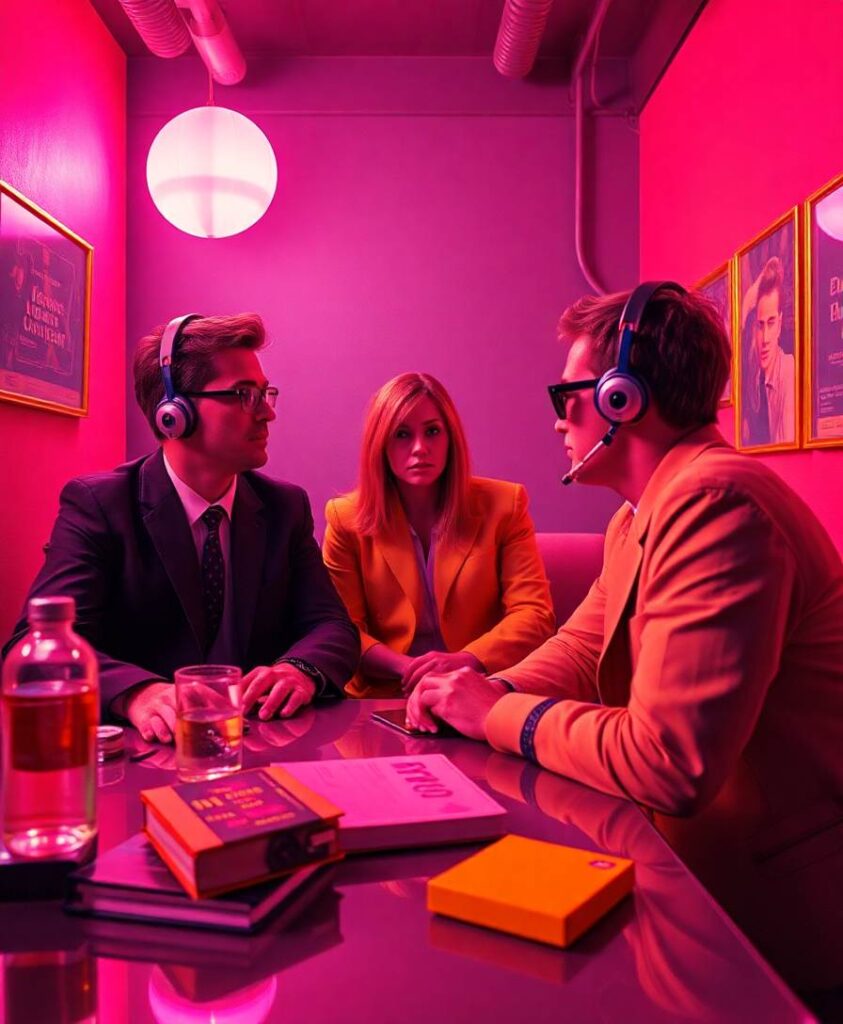Odors Can Serve as Landmarks in Human Wayfinding
Abstract
Scientists have shown that many non‐human animals such as ants, dogs, or rats are very good at using smells to find their way through their environments. But are humans also capable of navigating through their environment based on olfactory cues? There is not much research on this topic, a gap that the present research seeks to bridge. We here provide one of the first empirical studies investigating the possibility of using olfactory cues as landmarks in human wayfinding. Forty subjects participated in a piloting study to determine the olfactory material for the main experiment. Then, 24 subjects completed a wayfinding experiment with 12 odors as orientation cues. Our results are astonishing: Participants were rather good at what we call “odor‐based wayfinding.” This indicates that the ability of humans to use olfactory cues for navigation is often underestimated. We discuss two different cognitive explanations and rule out the idea that our results are just an instance of sequential learning. Rather, we argue that humans can enrich their cognitive map of the environment with olfactory landmarks and may use them for wayfinding.
Marc is a Canadian exercise physiologist in St. John’s, linking fitness to sharper thinking. He writes about real-world ways to stay strong and sharp, inspired by Newfoundland’s tough, no-frills lifestyle.

